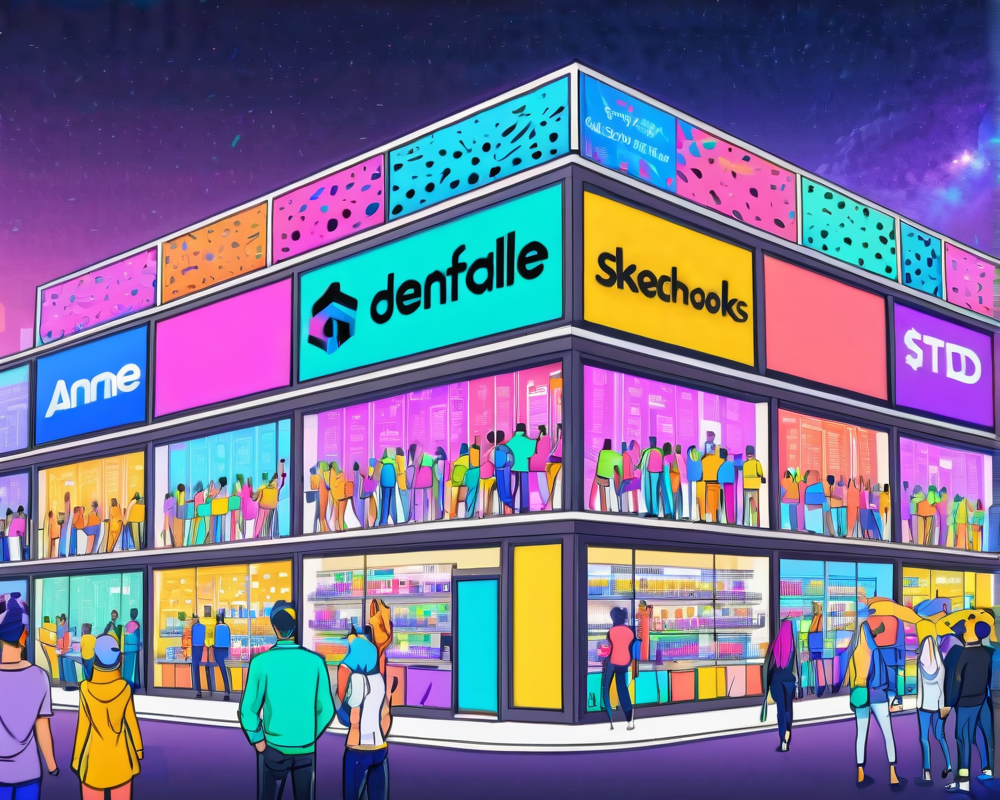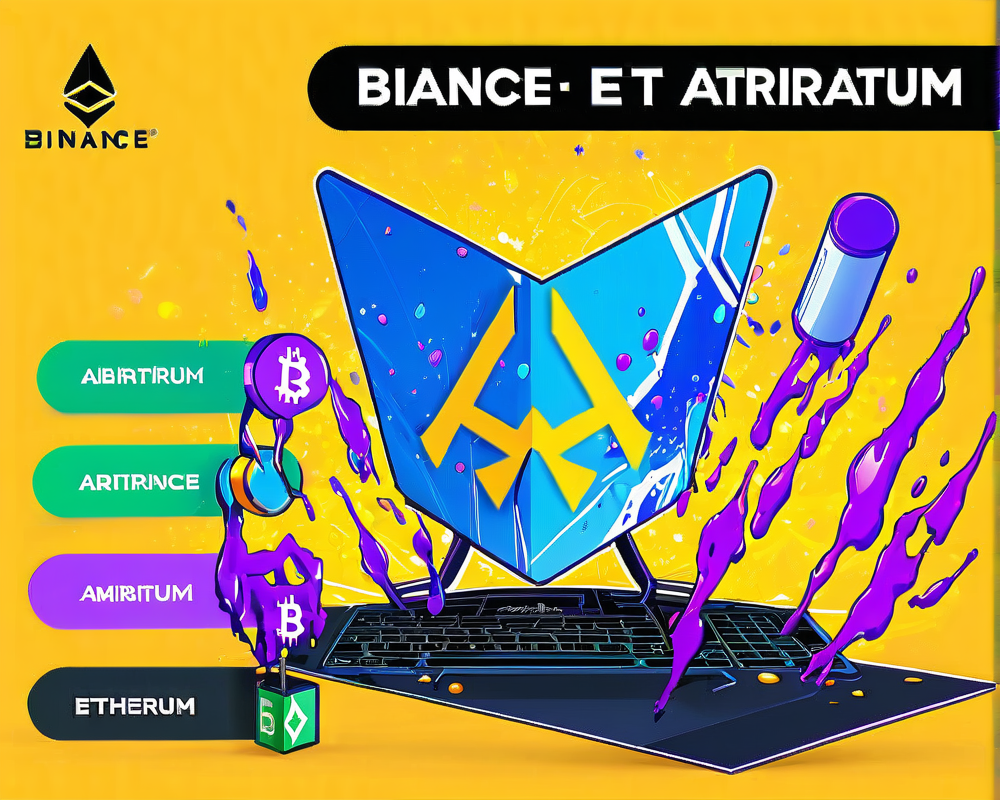Introduction to Blockchain in Oil & Gas
The oil and gas industry is about as old school as it gets—think cowboy hats, big rigs, and a lot of paperwork. But in a surprising twist, a group of 10 major global oil and gas companies has traded in their cowboy boots for some digital savvy, successfully piloting a blockchain-based balloting system. Heavyweights like Chevron and Shell are at the forefront of this ambitious initiative that could completely reform traditional processes.
What is AFE Balloting?
Before diving into the blockchain beauty, let’s talk about AFEs, or Authorizations for Expenditure. These are essential in the oil and gas biz, helping firms approve capital and expense projects while calculating working interests among the joint operating contract members. So, in plain English? It’s the way oil companies agree to spend their money. Up till now, this process required a lot of manual labor and paperwork—like a family reunion with too many cousins and not enough chairs.
The Blockchain Pilot Project
In partnership with Canadian tech provider GuildOne, the Oil & Gas Blockchain Consortium (OOC) conducted a proof-of-concept (PoC) that allowed participants to send and receive ballots through a digital portal. This project marked the first of its kind and was completed in less than four months! Talk about breaking records—so speedily completing a tech rollout is almost like deciding on what to order at a restaurant without scrolling through every menu item.
Benefits of Going Digital
- Time Efficiency: By digitizing the AFE balloting process, the industry expects to significantly cut down the lengthy timelines that come with paper-based approvals.
- Immutable Records: Blockchain ensures that once a ballot is cast, it cannot be tampered with—making it the cleanest way to keep your records straight, even when Aunt Susie insists she didn’t eat the last slice of pie.
- Smart Contracts: These nifty little code-based agreements will automatically calculate working interests, further reducing human error. Imagine a world where accounting mistakes are about as rare as finding a unicorn!
Industry Recognition and Future Prospects
Rebecca Hofmann, chairwoman of the OOC consortium, expressed her excitement about the PoC results, highlighting that this initiative demonstrates how blockchain can “transform fundamental oil and gas business activities.” With keen aspirations since their establishment back in February 2019, the consortium now boasts members including ExxonMobil, ConocoPhillips, and Repsol—basically the Hollywood A-list of oil and gas.
Looking Ahead
The pilot project might be just the tip of the iceberg, as the OOC has plans to implement blockchain in other areas too. Back in 2019, they even hopped on board with another blockchain startup to manage wastewater data in North Dakota’s oil fields. As the world keeps pivoting toward the digital age, it’s safe to say that the oil and gas industry is jumping onto the blockchain bandwagon, rather than being left behind in a cloud of dust.




